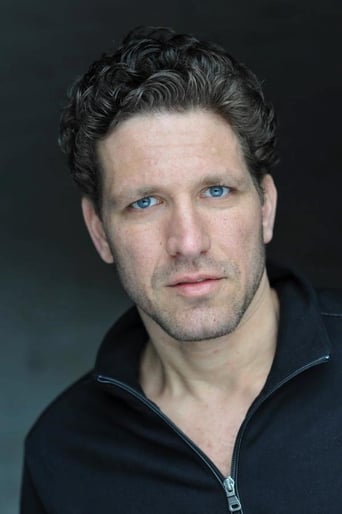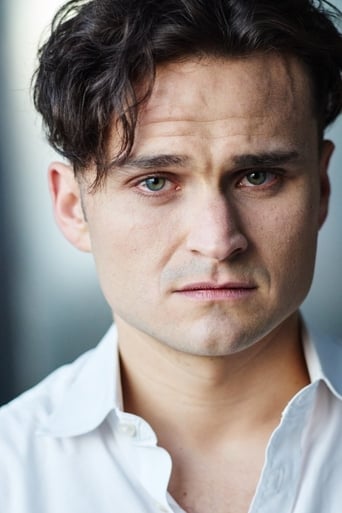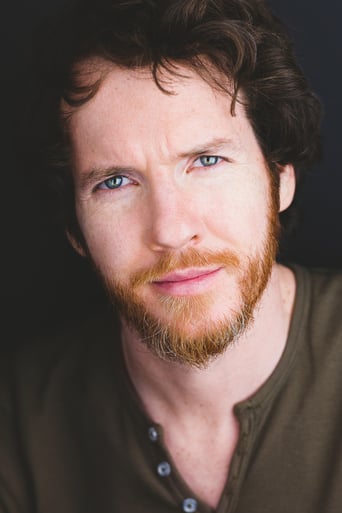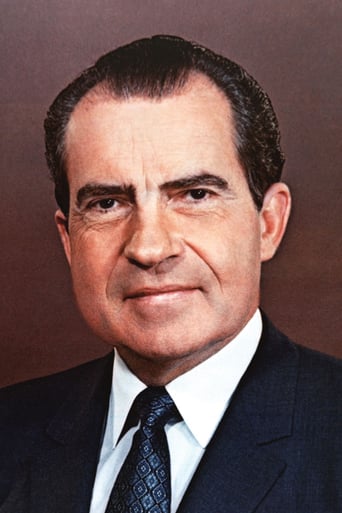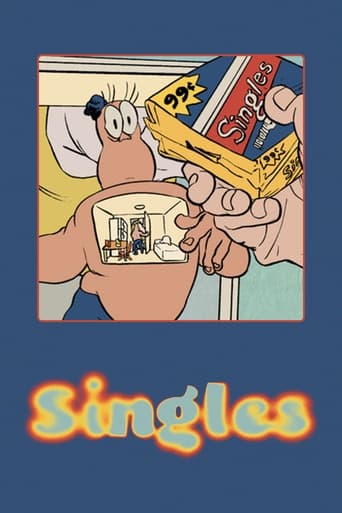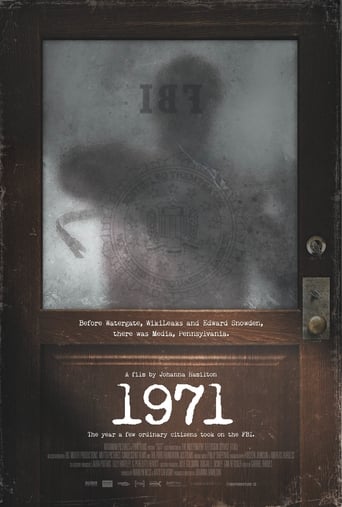
Forty years before WikiLeaks and the NSA scandal, there was Media, Pennsylvania. In 1971, eight activists plotted an intricate break-in to the local FBI offices to leak stolen documents and expose the illegal surveillance of ordinary Americans in an era of anti-war activism. In this riveting heist story, the perpetrators reveal themselves for the first time, reflecting on their actions and raising broader questions surrounding security leaks in activism today.
Similar titles
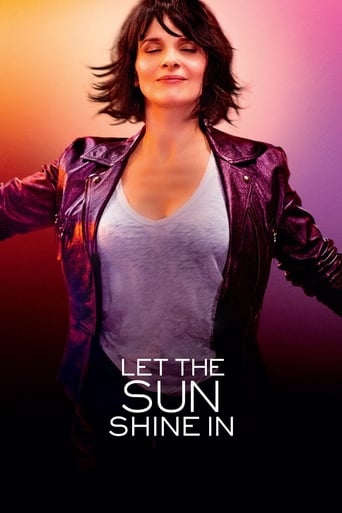
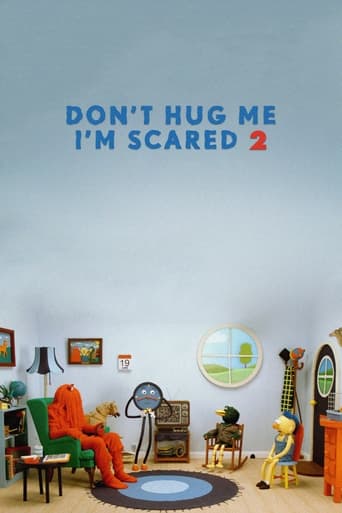
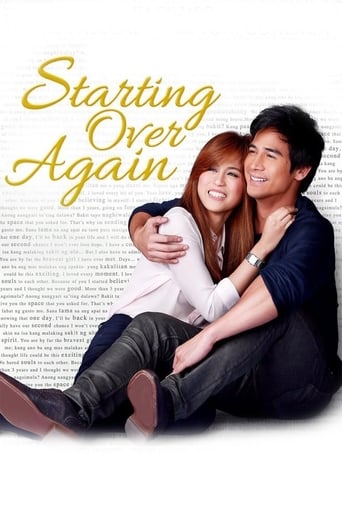
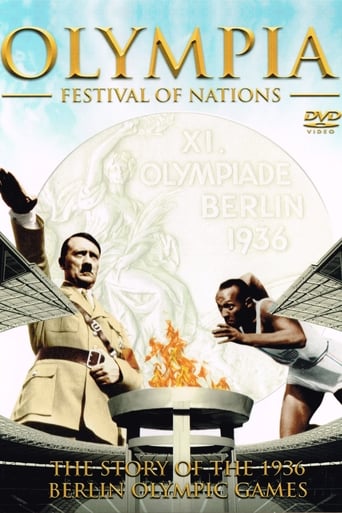


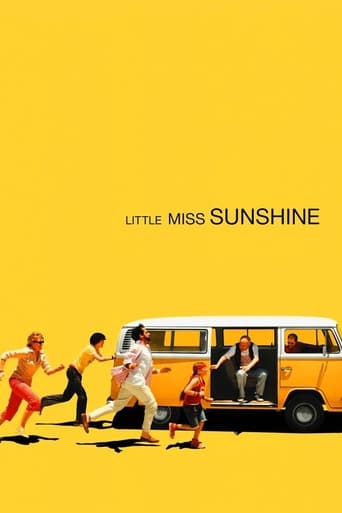
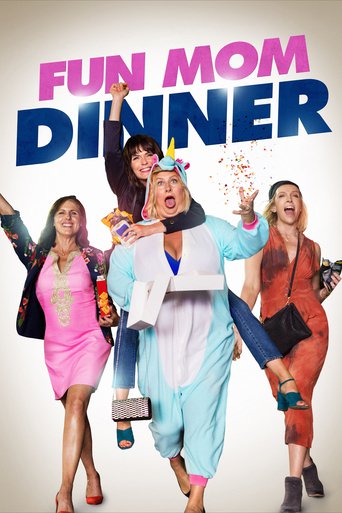
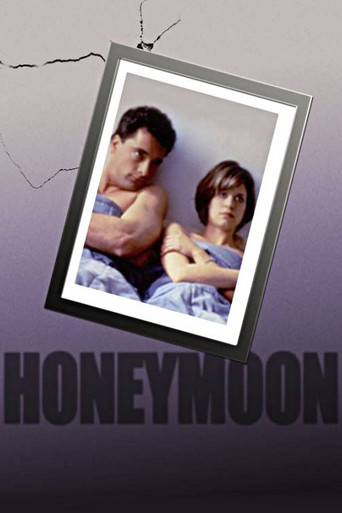
Reviews
Too much of everything
Captivating movie !
A movie that not only functions as a solid scarefest but a razor-sharp satire.
what a terribly boring film. I'm sorry but this is absolutely not deserving of best picture and will be forgotten quickly. Entertaining and engaging cinema? No. Nothing performances with flat faces and mistaking silence for subtlety.
The story told in "1971" is a very important one for every American and I do recommend you see it. However, despite this I have to be honest...I had a very hard time staying awake during the film. Normally I don't have this trouble but think it wasn't just me...the film, despite about some important events, comes off as very slow. See it...just try to have some caffeine with you.The story in this film is super-important. At the height of the anti-Vietnam War movement, an unknown group of dissidents broke into a local FBI field office in Pennsylvania and stole the documents in the office. This was important for two reasons: the documents held important evidence of illegal FBI activities and copies of the documents were sent to the press! Now, for the first time, concrete evidence was known to exist that talks about FBI harassment of innocent Americans the agency saw as subversives! So, breaking up marriages and manipulating innocent people was fair game for the agency--mostly because there was practically no oversight of the FBI.So why is this important today? Well, with increasing surveillance by not only the FBI but Homeland Security, we once again have the POTENTIAL for abuses of civil liberties. Additionally, with the WIKILEAKS and Edward Snowden stories in the news, the events of 1971 seem very familiar once again. Overall, an interesting story told in a rather dry and low energy fashion that every American, on the right, left or in the middle, should see.
1971 is a little uneven as a documentary, but well worth watching for its telling of the Media story as well as for its exploration of the world of white middle-class professionals active against the Vietnam war. The film blends archival footage with reenactment seamlessly, and delivers the blow-by-blow story of the break-in very well, although as an IMDb goof notes the dramatic device of the apartment manager watching television is anachronistic. While film goers will already be aware of the raid's success, 1971 successfully delivers tension around its explanation of the planning, execution, and aftermath, with the audience made to feel participants' concern about discovery, especially via the actions of the ninth member of the group.I was especially taken with the movie's examination of John and Bonnie's concern for their children, and Bonnie's statement that the couple refused to use their status as parents to absolve themselves of responsibility for crimes being conducted in their name. The post-Reagan era popular culture narrative of Vietnam resistance tends towards depiction of the anti-war movement as comprised of tie-dye wearers listening to The Doors, but a generation now in our 50s remembers our parents hiring dependable babysitters and then heading off down the Schuylkill to I-95 and a demonstration at the Pentagon. Philly had SANE, Women Strike for Peace, WILPF, AFSC, the Unitarian Peace Fellowship, and other organizations filled with responsible middle-class Americans sickened by the war.The War. We talk today about Iraq, or Afghanistan, or Syria, as CGI backgrounds for drone video games fought by air-conditioned kids in Nevada trailers. Whether the 1991 or 2003 invasion Iraq was never The War. In 1971 when you said The War everyone knew what you were talking about - the coffee table had Life Magazine's spread on My Lai ditches filled with women and children's corpses as a year later it would have Nick Ut's photo of nine-year-old screaming Kim Phúc. If you were an educated responsible parent in 1971 you knelt down and looked your ten-year-old son in the eyes and told him you would do what you could to keep him, and Vietnamese children his age, from being butchered for your government's lies, Dow's profits.Vietnam is a character largely missing from 1971. We hear Bob and Keith talk about the necessity for action, see footage of Jackson State bullet holes and Mary Ann Vecchio, but the film fails to evoke that feeling of the war having ground on for so long now despite all one's actions to stop it. By 1971 Tonkin had been six years past, we'd lived through years of Johnson's and now Nixon's lies, nightly body-counts of dead Vietnamese, uncertainty whether the neighbor's boy was going to be drafted. While 1971 delivers the story of how Media, I think it fails to fully communicate why. 1971 is a bit choppy in the aftermath of the break-in. McGovern's rejection of and then capitalization on the Media documents was nicely referenced, reminding us of his and other liberal politicians' actions that year in connection with Ellsberg and Russo's cache. Camden seems kind of tacked on and without context. There was no mention of Harrisburg that I recall. In explaining Bob, Keith, and the Raines' sense of exhaustion it might have been useful to communicate something of the burden of the various conspiracy trials and the work that went into their defense. I liked the explanation of Carl Stern's exposure of Cointelpro. Reminiscences by the Raines' kids and Bob's musing on unintended consequences were interesting, but also telegraphed to me that at this point the film had lost focus. The Church Committee treatment seemed to me very incomplete. We were told of Media participants acting in the wake of MLK and RFK's assassinations, but there was no mention of Fred Hampton, Mark Clark, other Panthers, Allende and other CIA targets. It's true the viewer could easily become lost in a sea of references, but Media's impact and legacy is intertwined with other revelations which were on the minds of contemporary political actors, and the film might have spent a few more minutes fleshing this out.
I think this documentary should be school material in classes. Absolutely interesting how the government infiltrate his people for no good reasons. A group of decent and smart guys presented the FBI's misdoing to a nation in a sneaky way.I love the idea and the outcome. True heroes! The government should be ashamed. The government clearly was and still is afraid of their own shadow...Funny thing though, nothing has changed in 50 years. Nowadays even the economic system and foreign nations spy on people just to collect data and everybody thinks that's okay. Well clearly it is not okay to spy on people and treat them like soon to be criminals. May it suit purpose.History repeats itself - this well done documentary shows that. I recommend to watch it. This is living history. Here's hoping it will be translated into other languages!
Johanna Hamilton co-wrote and directed "1971" (2014). The film tells the story of people we now call the "Media Eight." These were eight extraordinarily brave people who risked long prison terms by breaking into an FBI office in Media, Pennsylvania on March 8, 1971.Many peace activists had long suspected that the FBI was more interested in stifling legal dissent than it was in fighting crime. The raid on the FBI office was successful, and the activists took thousands of documents.Ultimately, these documents were published by the Washington Post, and this, in turn, brought about a public realization that the FBI wasn't protecting the American people, but rather was subverting the Constitution. The activists were never caught, and only revealed themselves in 2014.The movie moves back and forth from reenactments of the planning and the break-in itself, to newsreel footage of the fallout from the release of the documents, to present-day interviews with the activists. Betty Medsger, then a young reporter for the Post, actually wrote the newspaper story about the documents. By an interesting coincidence, she knew two of the Media Eight, although obviously she didn't know that her friends were part of the group that carried out the break-in. Ultimately, when she learned of the connection, she wrote a book about the event, and the book was then turned into this documentary film. (Medsger also appears in the movie.)This is a riveting, amazing story. It could be dismissed as improbable were it fiction, but it's fact and it really happened. I think the movie partially captures the sense of what life was like for anti-war activists in the early 1970's. (I should know, because I was a antiwar activist during this period.) Where the movie is weakest, in my opinion, is that it doesn't explain to a younger generation why being against the war in Vietnam was so important--and so frustrating-- to so many people.After all, for a 20-year-old college student today, the Vietnam war is ancient history. The Media break-in was almost 44 years ago. The Vietnam conflict is as meaningful to a college student today as the Great War was to me when I was in college.Director Hamilton assumes that people watching the movie will know about Vietnam, about Cambodia, and about the FBI harassment of nonviolent activists. If they're in their 50's, or older, they'll know about this. If they're younger than that, they probably won't know. I wish she had given us a few minutes of footage of the Vietnam conflict, and a few minutes of footage of people being dragged off by the police for sitting in, for blocking military shipments, or just for being where the government didn't want them to be and saying what the government didn't want them to say. That footage would have made the actions of the Media Eight more meaningful to younger people watching the movie.We saw the film at the excellent Dryden Theatre in George Eastman House in Rochester, NY. (It was shown as part of the Conscience series.) Reporter/author Betty Medsger was there to answer questions after the screening. This event was a true contribution to the community by the George Eastman House, and I'll take this opportunity to publicly thank them.Shortly after the Media break-in, a larger group of antiwar activists broke into a draft board office in Camden, New Jersey, and began to destroy files. This was done in an attempt to disrupt the draft and, therefore, to disrupt the war in Vietnam. The FBI had an informer in the group, and the FBI actually helped make the break-in possible, then swooped down and arrested the 28 people involved. These activists--who became known as the Camden 28--fought the case in court and won! Surely, the Camden activists were inspired by the Media break-in, and the jury was inspired by the knowledge they had of FBI tactics and harassment. Bob Good, a Rochester, NY activist, was one of the Camden 28, and he was in the audience at the screening of "1971." Betty Medsger pointed him out, and the crowd gave him a standing ovation.
Top Streaming Movies













